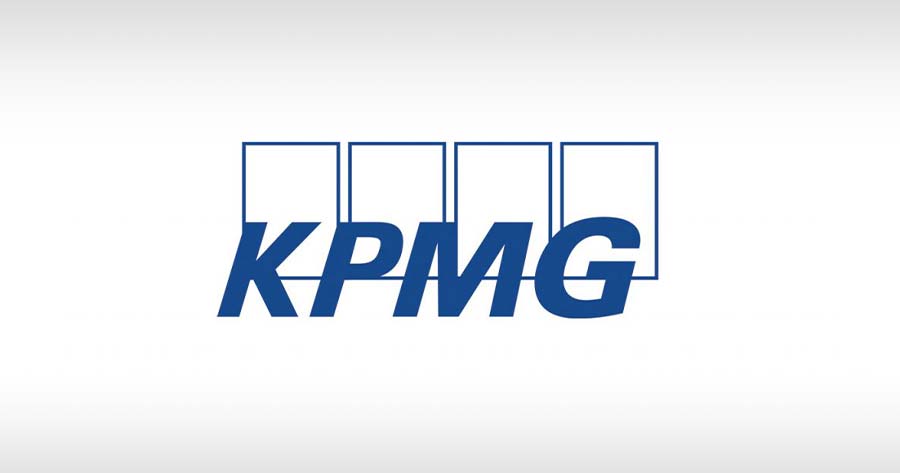KPMG Private Enterprise and the STEP Project Global Consortium have released the “Global Family Business Report 2025,” which delves into the evolving landscape of family-owned enterprises and their strategies for sustaining growth across generations – now even more important in an era defined by rapid technological advancements, and global market shifts underpinned by geopolitical uncertainty.
The detailed report is informed by data derived from the 2024 STEP Project Global Consortium and KPMG Private Enterprise Family Business survey of 2,683 family businesses in 80 countries. The study underscores the increasing influence of family businesses in the 21st century, highlighting their resilience and adaptability revealing trends specific to high-performing family businesses.
“Understanding and optimizing growth drivers is crucial, not only for the survival of family businesses but also for their ability to thrive across generations. Growth today is not just about financial expansion but about resilience and adaptability” said Robyn Langsford, Global Leader of KPMG Private Enterprise Family Business. “Addressing both traditional challenges, such as family business governance, and emerging opportunities, such as accessing growth capital, can ensure a family business’s success in an increasingly dynamic global landscape” explained Langsford.
The data reveals that opportunities for family businesses to thrive are numerous with such opportunity underpinned by a fundamental paradigm shift in how business is conducted. The influences of this era – return to work, changes in governance, AI, ESG, and cybersecurity require family business leaders to embrace or be very intentional about what they do not embrace, adapting to the dynamics of the new business landscape.
“As we enter a new era with evolving challenges in governance, technology adoption, and market dynamics, family businesses must take a multifaceted approach to ensure long term success and resilience. Formalizing governance frameworks, pro-active succession planning, integrating ESG into core business strategies while embracing new technologies can strengthen the family’s legacy, deepen generational engagement and secure sustainable growth. Additionally, strategic mergers and acquisitions can enhance operational efficiency and unlock future potential,” said Sasithorn Pongadisak, Partner, Head of KPMG Private Enterprise, KPMG in Thailand.
The evidence shows governance matters, with successful family businesses 10% more likely to have a formal board structure, which enhances sustainability and performance. By carefully mapping out the intended path the business is to take, family businesses are increasingly leveraging growth capital and engaging in mergers and acquisitions (M&A) to expand and innovate. The study highlights in the past three years, almost 500 family businesses have engaged in M&A activity, with 60% of targets being other family businesses. It is also reported that private equity firms are becoming increasingly interested in supporting the growth of family businesses and look to essential funding and expertise, aiding in successful transitions and long-term growth.
Thailand offers a compelling example of how family businesses are embracing private equity partnerships to navigate growth and succession.
“Thailand has a particularly strong family business presence, and we have seen many cases in recent years where private equity funds have collaborated with owners to help provide capital for future growth, guide governance and efficiency improvements, and also provide a pathway to assist with succession issues,” said Ian Thornhill, Partner, Head of Deal Advisory, KPMG in Thailand.
“This is a particularly exciting time for family businesses and for many, this may well be a pivotal time in their history!” said Andrea Calabrò, STEP Project Global Consortium Academic Director. “It is worth noting that international acquisitions are more than just financial transactions — they are strategic moves shaped by ownership structure, leadership, and long-term vision. A well-governed board must recognize these dynamics, ensuring that acquisition strategies align with both financial objectives and the socioemotional wealth priorities of the family” added Calabro.
The report outlines several actions that family businesses can take to drive long-term growth and sustainability, expanding their field of vision where success is not limited to succession but to a meaningful transition of capital across generations:
- Enhance Governance: Establish formal board structures to improve decision-making and sustainability and think carefully about the composition of the Board
- Create better lines of communication: Nearly 40% of family members questioned the quality of the communication between family members and the family business
- Foster Multi-Generational Engagement: Just 52% of next generation family members play a role in strategy development. Involve multiple generations in business operations to enhance sustainability and performance.
- Prioritize Sustainability: Embed sustainability into business strategies to gain economic advantages and strengthen stakeholder relationships.
- Leverage Growth Capital and M&A: Explore opportunities for growth capital and consider strategic M&A activities to drive expansion into new markets and innovation.
- Consider Private Equity: Build ties with private equity firms and family offices to gain access to new funding, strategic insights, and expertise for successful transitions and long-term growth.
- Examine what success means to the family business: With family businesses evolving along with changes to economic, environmental and social circumstances, what will future success look like for your family business – how will you measure success?







